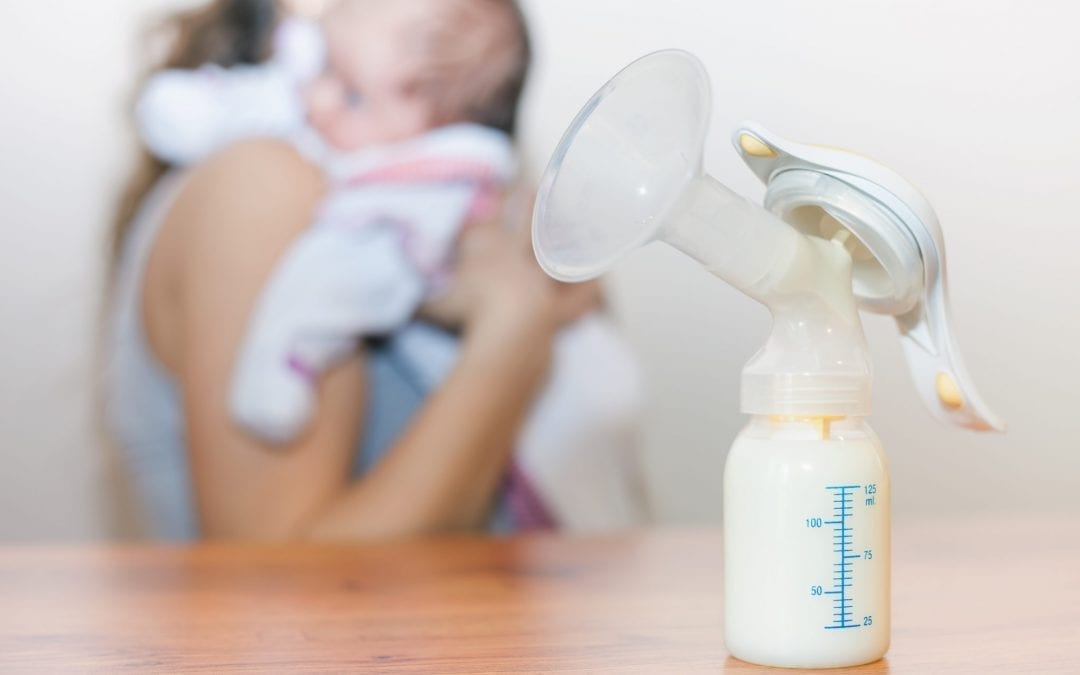
Used Breast Pumps: Are They A Safe Or Sanitary Option?
When you have a new baby, you will find yourself the beneficiary of many hand-me-downs from well-meaning friends whose children have outgrown common baby items. You might have a relative or friend who is willing to lend you a used pump, but you may not be sure whether using a previously owned breast pump is a good and safe option for you and your baby. Because we are concerned about the health and welfare of mothers and their babies, below is a detailed look at used breast pumps.
Rental vs. Personal Use Breast Pumps
You might have mistakenly assumed that it is safe to share used personal breast pumps because mothers usually share rental breast pumps safely. Unfortunately, this assumption cannot be further from the truth. Rental breast pumps feature a closed pumping system wich allow all the parts that come into contact with a mothers breastmilk to be replaced. The FDA has stringent guidelines on what makes a pump multi-user and most personal electric breast pumps do not meet these requirements.
Rental Breast Pumps
Rental pumps are ideally designed for multiple users and feature special filters and barriers that ensure milk does not enter the pump motor, preventing cross-contamination. Additionally, every single breastfeeding mother who rents a unit will have to use a personal set of breast shields, tubing and bottles to ensure safety. These collection kits are designed such that the milk never comes into contact with a rental pump’s working parts. Such pumps are known as closed system pumps.
Personal Use Breast Pumps
On the other hand, the personal use breast pumps available at your local store are considered personal care items, same as a toothbrush. Some breast pumps on the market today are considered “open systems,” meaning the pump’s motor might come into contact with a mother’s milk particles. Some breast pumps feature a “Closed System” which protect breast milk from bacteria, mold and viruses while pumping but are still designated as a single use pump.
Issues Related To Health and Hygiene
When it comes to health and hygiene, the milk particles of another mother can be harmful to your baby. As a matter of fact, moms are advised to ensure any donor milk their babies receive is pasteurized to kill viruses, be it from another mother or a milk bank. Without a doubt, your milk is the best food for your baby. During pregnancy, your baby was safely exposed to every virus in your system. Unfortunately, another mother might be carrying a virus in her system, one that you don’t. If a virus passes to your baby through the other mother’s milk, it can cause serious illness. Additionally, mothers can have a virus in their milk without knowing they are carriers.
Reusing breast pumps presents certain risks, particularly if the units are not cleaned and sterilized properly. Cytomegalovirus (CMV) and HIV (AIDS) are only but a few of the viruses that are potentially dangerous and transmitted through human milk. According to the FDA, cleaning and sterilizing a breast pump properly involves removing every fluid that enters the pumping mechanism. As such, mothers should not share a breast pump if proper sterilization cannot be achieved.
Other Issues
Because they do not want any legal responsibility should a child become seriously ill, most manufacturers don’t sell new collection kits. In fact, they advertise breast pumps as single-user products in their websites and actively discourage the reuse or reselling of previously owned breast pump equipment. Apart from the fact that you might compromise the safety of your breast milk while trying to get a good deal, you should also know that hospital grade pumps are the only ones approved for multiple users.
In addition to their different economic capabilities, every other mother has her own pumping needs. As a result, manufacturers have ensured breast pumps are available in a wide variety of styles and prices. With the Affordable Care Act, private carriers now have to offer breastfeeding insurance coverage for every new mother without cost sharing. In addition to providing breastfeeding education and support each time you deliver, your insurance plan also offers a new breast pump without a co-pay.

